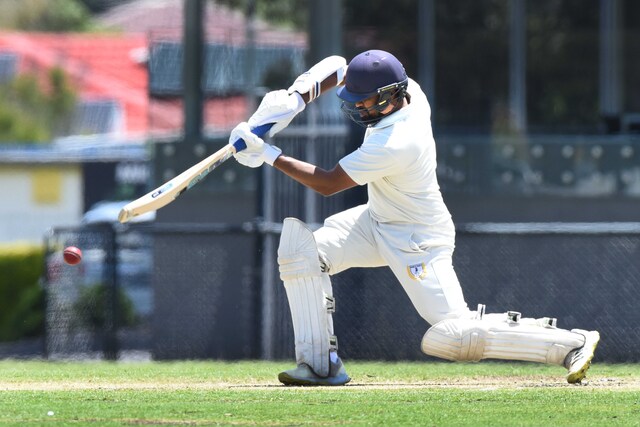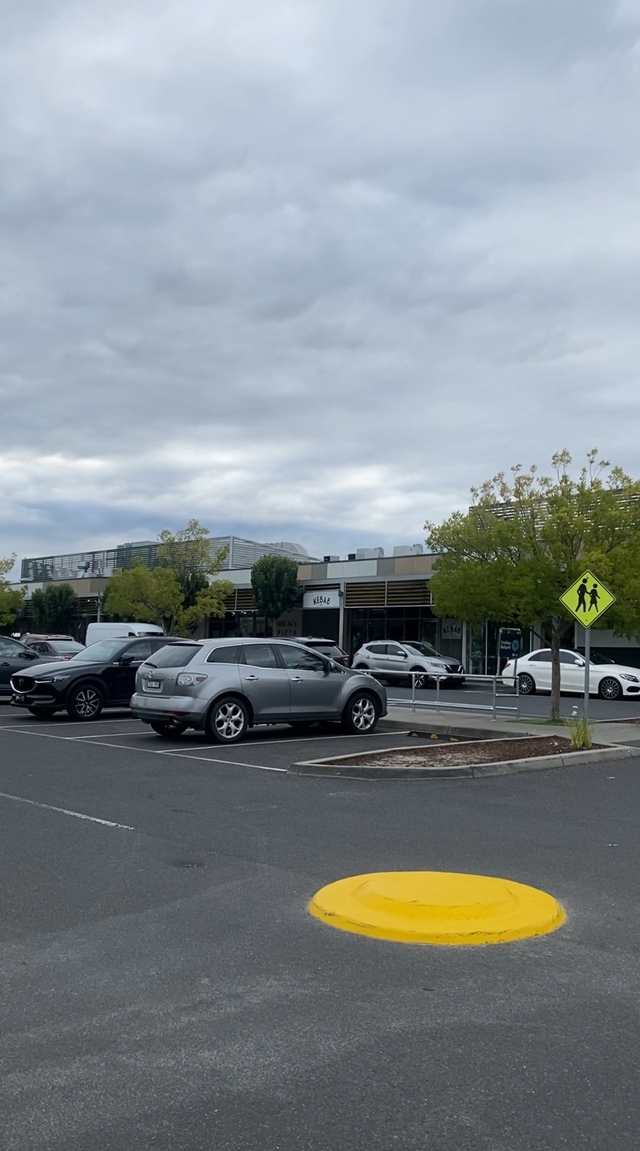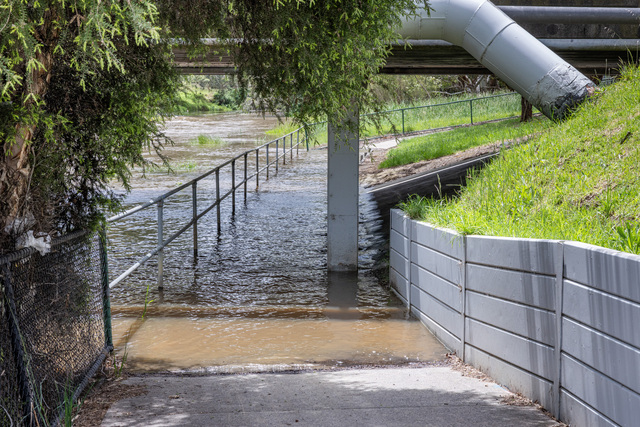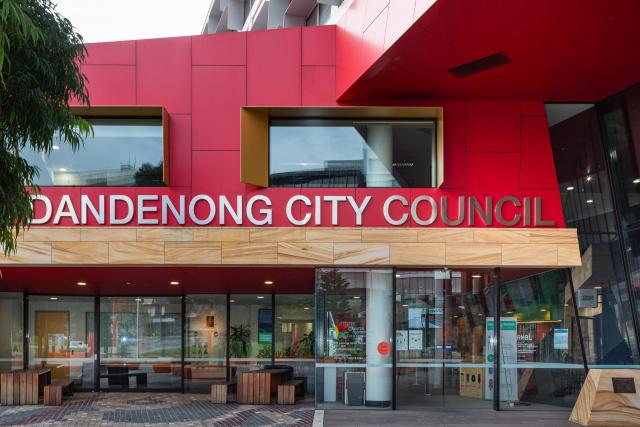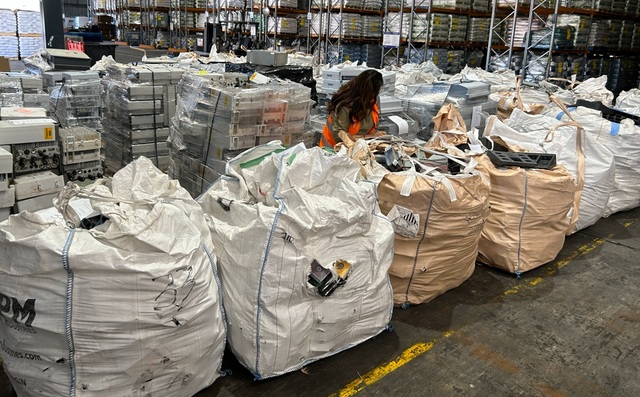 Casey councillor Colin Butler is a stone’s throw away from having additional dust suppressant applied to the city’s southern unmade roads.
Casey councillor Colin Butler is a stone’s throw away from having additional dust suppressant applied to the city’s southern unmade roads. By Alison Noonan
RESIDENTS choking on dust in Casey’s south may soon breathe easier.
Councillors at last week’s Casey Council meeting voted unanimously to increase its application of dust suppressant to southern unmade roads to twice yearly.
The extra application is subject to the availability of additional funding in the midyear budget review.
Balla Balla Ward councillor Colin Butler said speeding cars and grinding rock were leaving many locals in rural areas continually covered in dirt and dust.
He said the suppressant made for a smoother, harder road surface during the summer months and the decision to apply it twice was a big win for Casey’s southern sector.
“This is a huge problem in the southern areas on unmade roads,” he said.
“More and more dust is being generated by the speed of cars and heavy vehicles and covering residents in a terrible amount of dust.”
Cr Butler said it would cost council about $175,000 extra to increase its treatments, with the costs kept to a minimum if confined only to the city’s southern roads.
“Council officers recommended against it because of the extra expenditure,” he said.
“But a normal full application costs about $300,000 so just applying it to the southern roads will keep the costs down and we wouldn’t put it on as heavily during the second application.”
Dust suppressant is currently applied once a year to about 150 unsealed roads within the municipality and twice to about six unsealed main arterial feeder roads.
A report presented to council recommended against an additional program of applying dust suppressant twice a year during October to March as it was considered unnecessary.
It also confirmed that its treatment of unmade roads with DustMag, a hydroscopic solution based on magnesium chloride, did not cause extreme rust problems for cars.
The report said council had been using the suppressant for 13 years and an anticorrosive additive had been included in the product for 11 years.
“Based on the current material data safety sheet and tests carried out in 1993, the product is considered only to be as corrosive as water is to automobiles,” it said.

